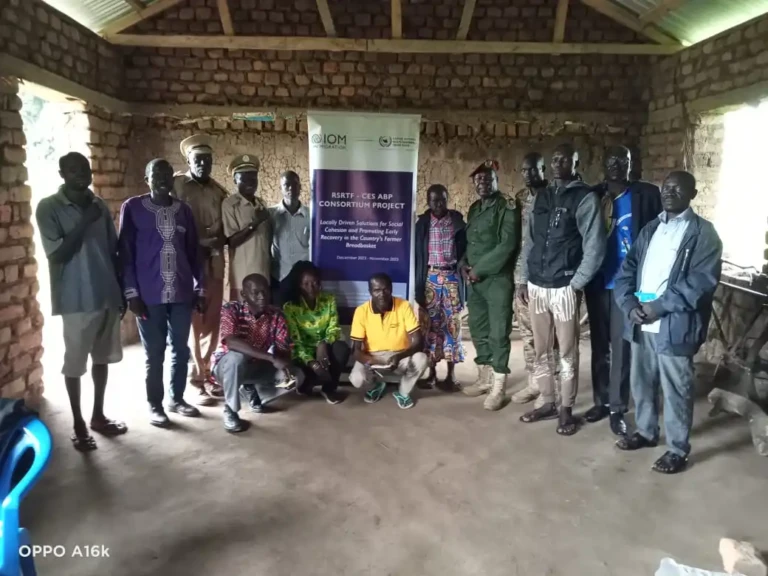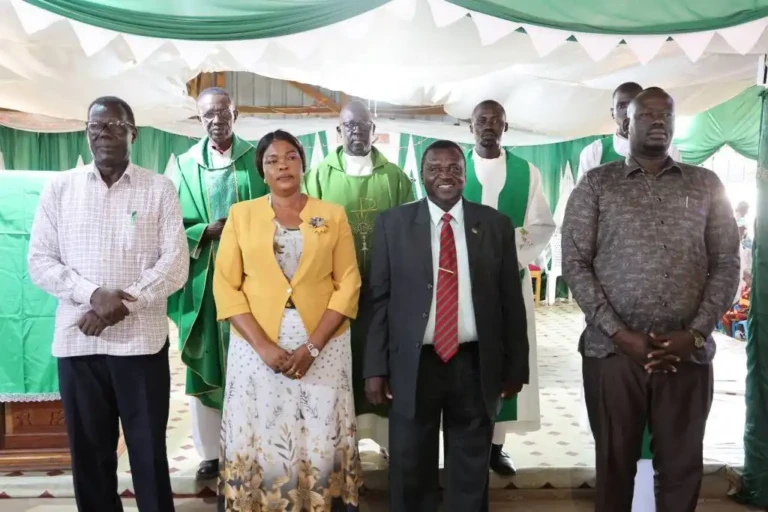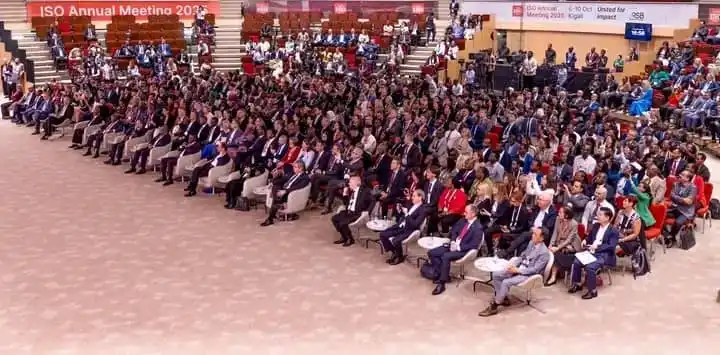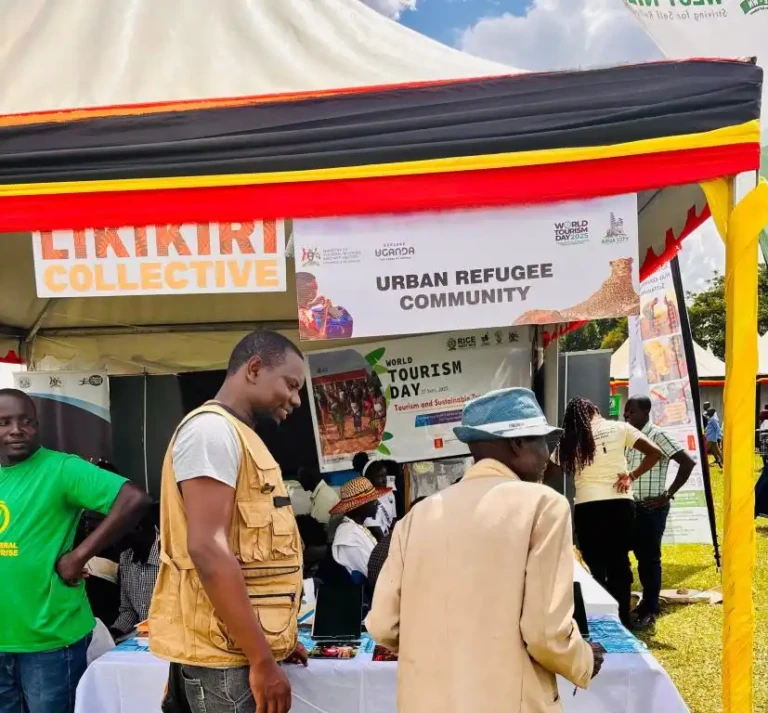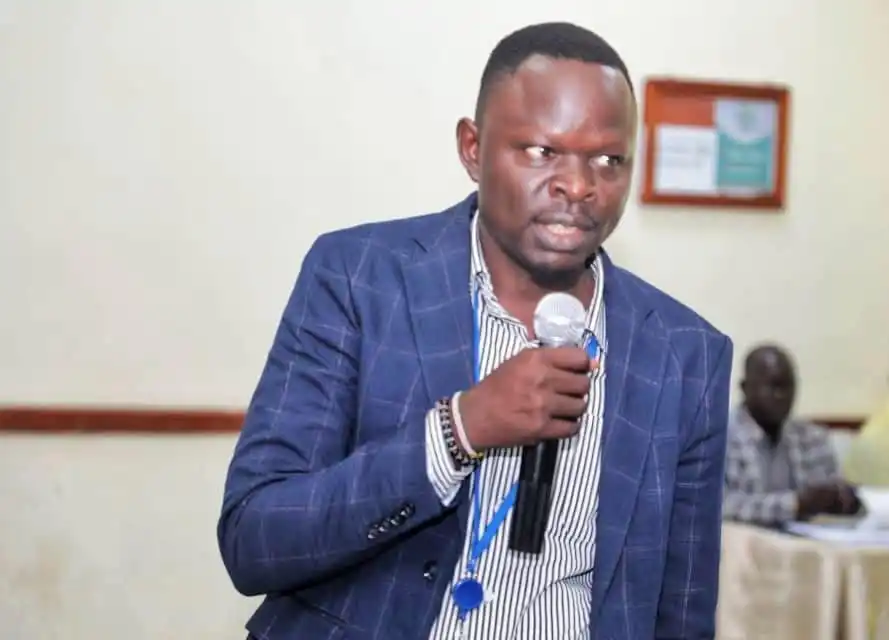
Taban Kwaje is an anthropologist specialising in cultural governance and community identity. He can be reached at taban.kwaje@gmail.com.
By Taban Kennedy Kwaje
Recently, I reunited with a friend who had returned to the village after more than a decade. Like many families in South Sudan, we had been separated by conflict millions displaced to neighbouring countries and millions more forced from their homes within the country. The happiness of seeing each other again quickly turned into a sober conversation about life in the village.
As we recalled old memories, our discussion turned to people we used to know.
“How is Mr X?” I asked.
My friend replied immediately: “He died of gunshot wounds from unknown gunmen.”
I went on: “And Mrs Y?”
His voice dropped: “She died mysteriously. People believe her brother killed her through Abiba.”
Surprised, I asked, “What is Abiba?”
He explained, “It’s a money ritual performed through witchcraft to get wealth.”
More stories followed. A shop owner who had once been successful was rumoured to have sacrificed his own private parts to prosper, only for his family to perform counter rituals that brought his downfall. Another man was accused of killing relatives for riches simply because his corpse “smiled” in death. Yet another was condemned by rumours because he had a modest job in Juba; people insisted his employment was only a cover for “blood money.”
Listening to all this, I realised I was hearing more than village gossip. I was witnessing a harmful belief system, mindset that links every sign of progress or financial success to evil, superstition, or witchcraft.
This kind of thinking is not only sad but backwards. Imagine returning home in a simple Toyota Vitz and being suspected of killing family members simply because you look slightly better off than before. Such beliefs create suspicion, destroy trust and shame prosperity.
Hard work pays. Many people have improved their lives through effort, resilience and creativity. Around the world, sudden wealth is not always tied to dark practices. Mark Zuckerberg, founder of Meta (Facebook), became a billionaire in his twenties, not through Abiba but through innovation. Africa has many entrepreneurs rising through farming, technology, trade, and creativity.
As Nobel laureate Amartya Sen wrote, “Development can be seen as a process of expanding the real freedoms that people enjoy.” Superstition limits those freedoms by promoting fear and hostility towards success. When societies shame wealth, they discourage entrepreneurship, punish ambition, and keep people in poverty.
In highly corrupt countries like ours, it is true that some gain wealth quickly through illegal means. Corruption is both a crime and a moral failure that must be fought with strong institutions and the rule of law. But it becomes harmful when people ignore rational explanations and instead blame witchcraft for every case of prosperity.
This mentality hides the real problems. It stops us from holding corrupt leaders responsible and instead turns suspicion towards families, neighbours, and relatives. As Chinua Achebe warned, “When suffering knocks at your door and you say there is no seat for him, he tells you not to worry because he has brought his own stool.” Poverty feeds such ideas, but they do not lead to progress.
Civil and religious leaders must take the lead in challenging these damaging beliefs. Sermons, community discussions, and civic education should make it clear that wealth earned through hard work and innovation is not evil but worthy of respect. We need to celebrate success stories and inspire the younger generation to follow them instead of condemning them.
Superstition will not build schools, hospitals, or roads. Hard work, entrepreneurship, and integrity will. As Nelson Mandela said, “Education is the most powerful weapon which you can use to change the world.” Part of that education must involve breaking down mindsets that link wealth to evil.
If we do not challenge this thinking, we will remain stuck in fear and stagnation. But if we promote a culture of enterprise, ethics, and encouragement, we can unlock the true potential of our people.
In the end, it is perfectly fine to have wealth, as long as it is earned honestly.
Taban Kennedy Kwaje is an anthropologist. He can be reached at taban.kwaje@gmail.com.
Disclaimer
Opinions expressed are solely those of the writer and do not represent the views of Access Radio® or its editorial team.
Access Radio® provides a platform for diverse perspectives and does not endorse the opinions published.
Responsibility for all claims and facts lies with the author of the article.
Submissions may be edited for clarity, length or grammar at the discretion of Access Radio®.
Readers are encouraged to share their opinions by emailing news@radioyei.org.
Discover more from Access Radio Yei News
Subscribe to get the latest posts sent to your email.



